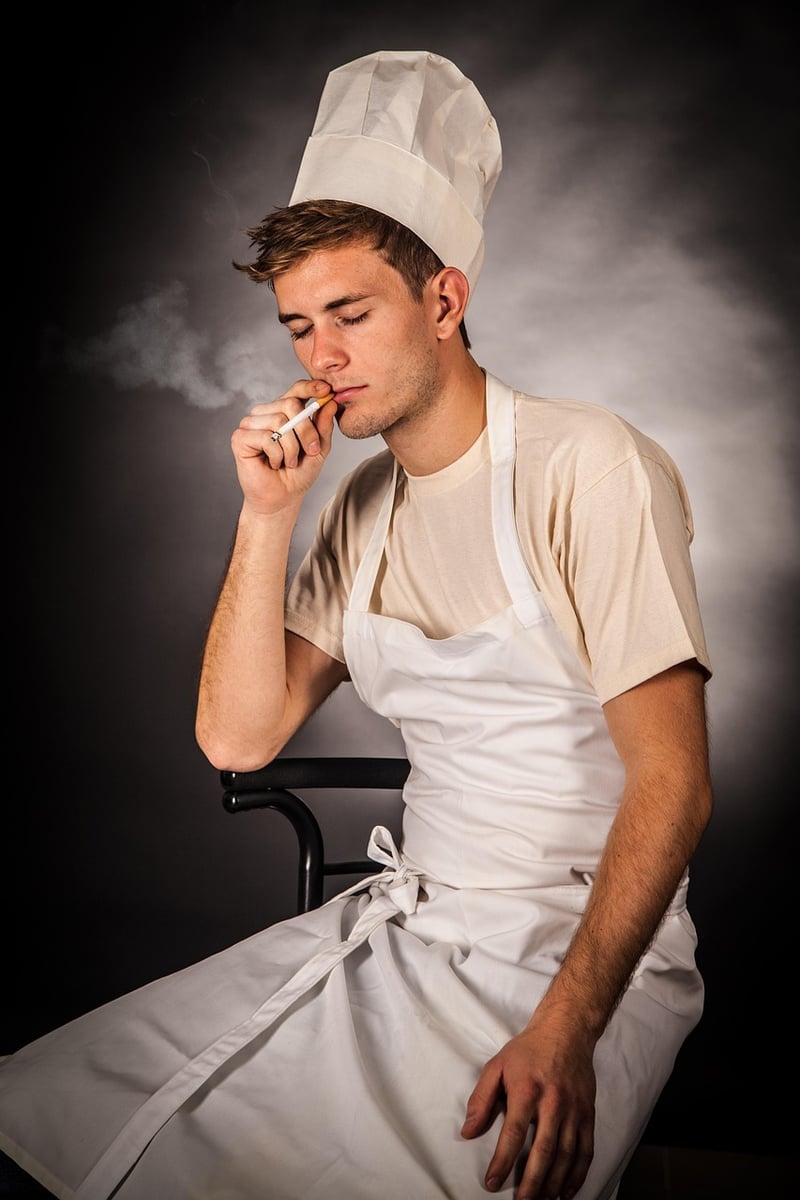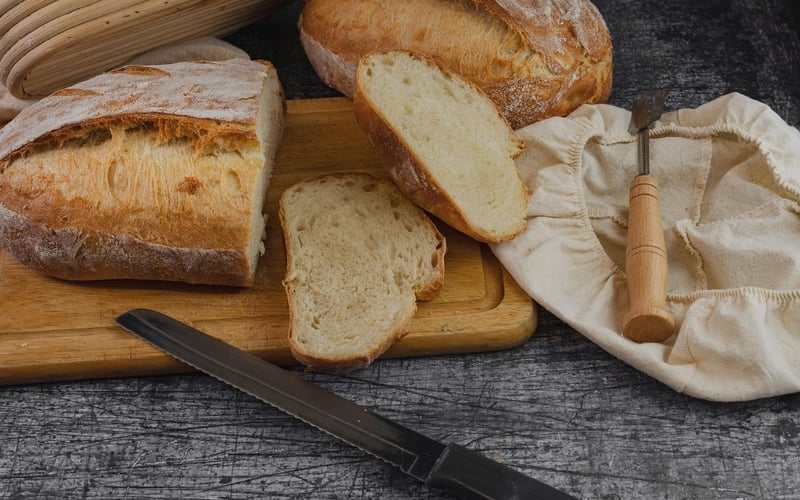Knife Skills
Master the Art of Cooking: Knife Skills
As you embark on your culinary journey, one of the fundamental skills you must master is the art of using a knife effectively. A sharp knife and proper cutting techniques can elevate your cooking to new heights, making meal preparation more efficient and enjoyable. Let's delve into the world of knife skills and discover how you can become a proficient home chef.
The Importance of Knife Skills
Knife skills are essential in the kitchen for several reasons:
- Efficiency: Proper knife skills can save you time by allowing you to chop, slice, and dice ingredients quickly.
- Safety: A sharp knife is safer to use than a dull one, as it requires less force to cut through food, reducing the risk of slips and accidents.
- Presentation: Consistently cut ingredients not only cook more evenly but also enhance the visual appeal of your dishes.
- Flavor: Uniformly cut ingredients ensure even cooking, resulting in a more balanced flavor profile in your meals.
Basic Knife Techniques
Here are some essential knife techniques to help you hone your skills:
- Grip: Hold the knife firmly with your dominant hand, while using your other hand to guide the food.
- Claw Grip: Curl your fingers under and use your knuckles to guide the knife while keeping your fingertips safe.
- Rock Chop: Use a rocking motion to chop herbs or vegetables by moving the knife back and forth on the cutting board.
- Julienne: Cut vegetables into thin matchstick-like strips for salads or stir-fries.
- Dice: Cut ingredients into small, uniform cubes for soups, stews, or sauces.
Practice Makes Perfect
Like any skill, mastering knife techniques requires practice. Start with basic cuts and gradually move on to more advanced techniques as you gain confidence. Remember to keep your knives sharp and maintain proper form to ensure efficient and safe cutting.
Recommended Tools
To practice your knife skills effectively, invest in quality knives, including a chef's knife, paring knife, and serrated knife. A cutting board with a stable surface is also essential to protect your knives and provide a safe cutting area.
Conclusion
By honing your knife skills, you can enhance your culinary prowess and enjoy the process of cooking even more. Whether you're a beginner or a seasoned home chef, mastering the art of using a knife will undoubtedly elevate your dishes to a new level of excellence.
Happy cooking!

